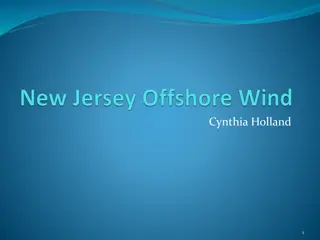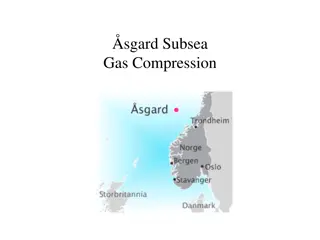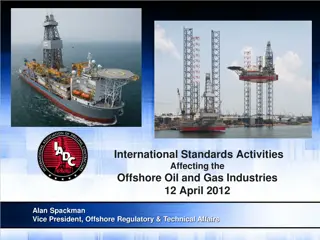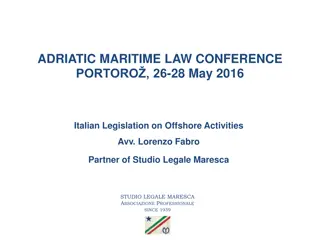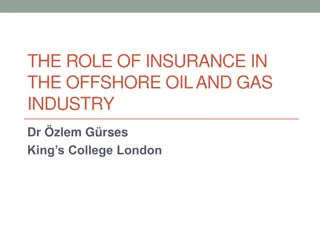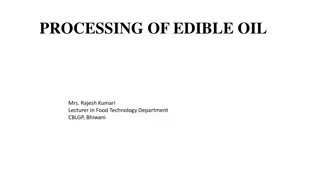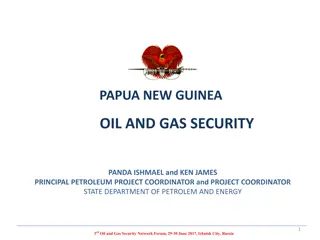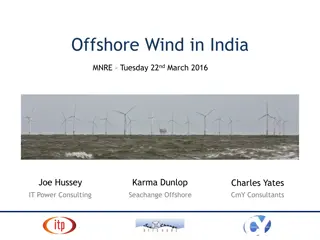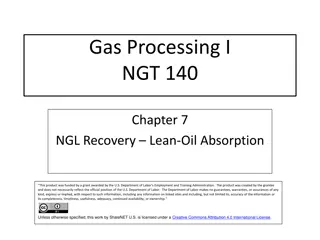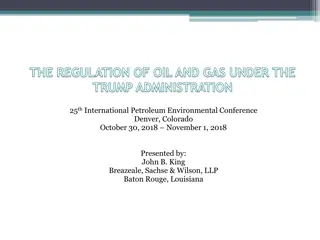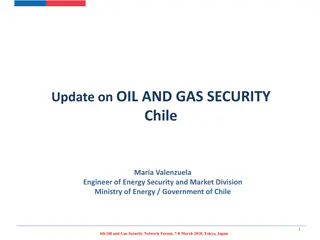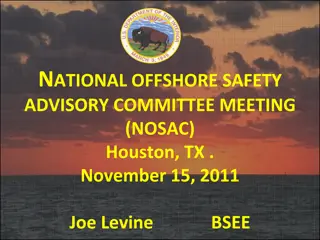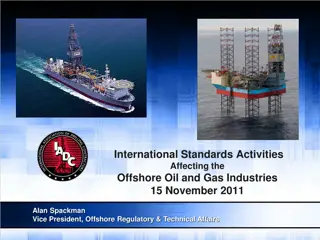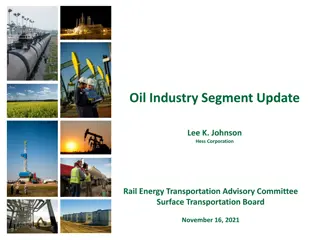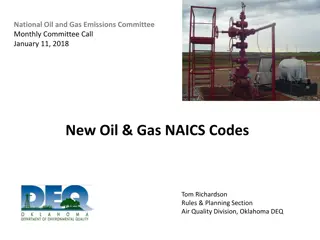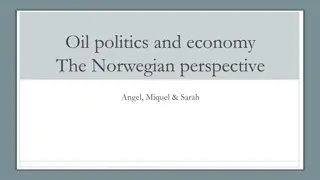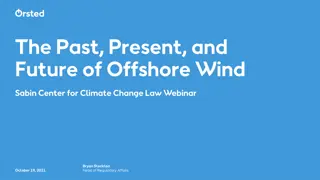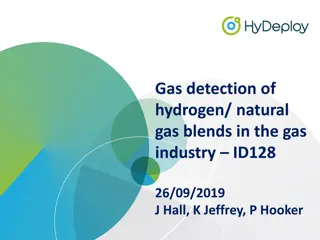The Hidden Impact of Offshore Oil and Gas Projects
Offshore oil and gas projects often go unnoticed, impacting climate, revenue, and emissions. New exploration areas raise questions about necessity and benefits for Australia. The environmental risks and economic implications of these projects call for scrutiny and reevaluation.
Download Presentation

Please find below an Image/Link to download the presentation.
The content on the website is provided AS IS for your information and personal use only. It may not be sold, licensed, or shared on other websites without obtaining consent from the author. Download presentation by click this link. If you encounter any issues during the download, it is possible that the publisher has removed the file from their server.
E N D
Presentation Transcript
Offshore projects fly under the radar Every year the National Offshore Petroleum Titles Administrator (NOPTA) releases new offshore exploration areas and NOPSEMA gives approvals for new offshore oil and gas projects, often with little public scrutiny. New exploration areas released by NOPTA in 2017
Do we need more gas? Probably not. Supporters of the gas industry would like us to believe there is an east-coast gas shortage, but we already extract well over twice as much gas as we use here for electricity generation and industrial purposes. AEMO 2016 gas forecast
Giving away offshore oil and gas PRRT and income tax paid by LNG exporters (onshore and offshore). Offshore projects pay no state royalties.
Oil/gas exports fly under CRT radar Exports don t count against meeting federal or state carbon reduction targets (CRT) even though they put as all at increased climate risk just as much as if they did. Australia already produces well over twice as much gas as we use here, so the gas from any new offshore (and onshore) gas extraction projects will almost definitely be exported or an equivalent amount from other gas projects. (Around 80% of coal extracted in Australia is also exported.) Oil from new offshore projects is also quite likely to be exported, partly because Australian oil refineries lack the capability to do so. Australia s carbon emissions are the world s highest if fossil fuel exports are included.
Economic benefits for Australia? Fossil fuel companies (shareholders) get sales revenue, not us Offshore oil and gas pay no state royalties New oil and gas will pay no Petroleum Resource Rent Tax (PRRT) for many years, if ever PRRT credits offset income tax liability, so no income tax payable either Cost of cleaning up oil spills counts towards PRRT credits, in effect meaning WE pay for the cleanup A few new jobs possible, but heaps more from new renewable energy projects
Main points Climate impacts are already dangerous, causing loss of life and ecosystem destruction Banning NEW offshore oil and gas is a logical and no-cost way of stopping avoidable increases in carbon emissions and climate risk


